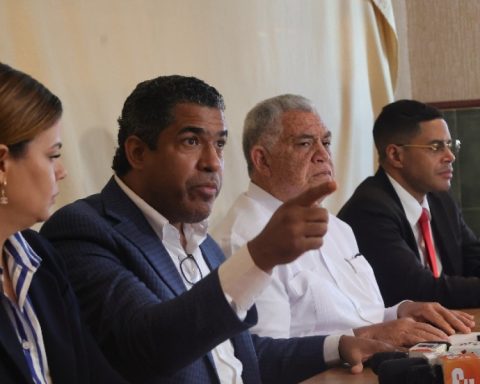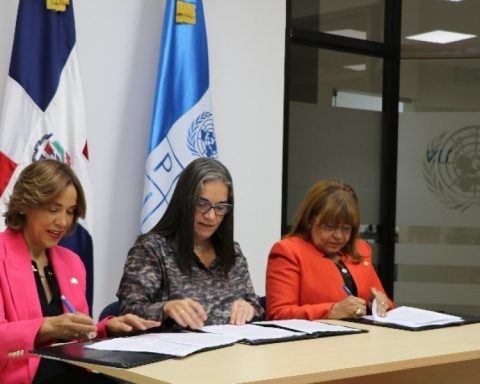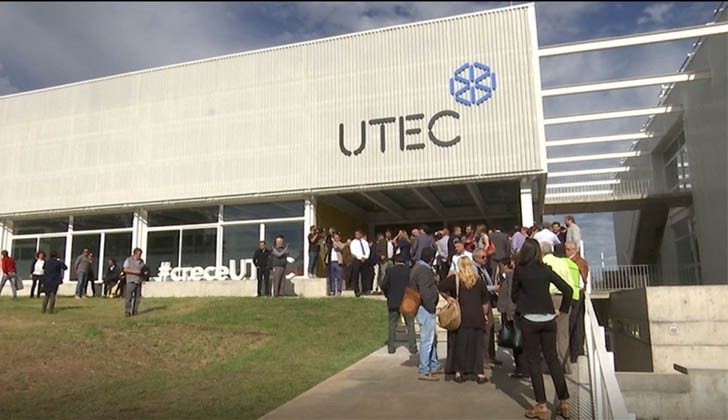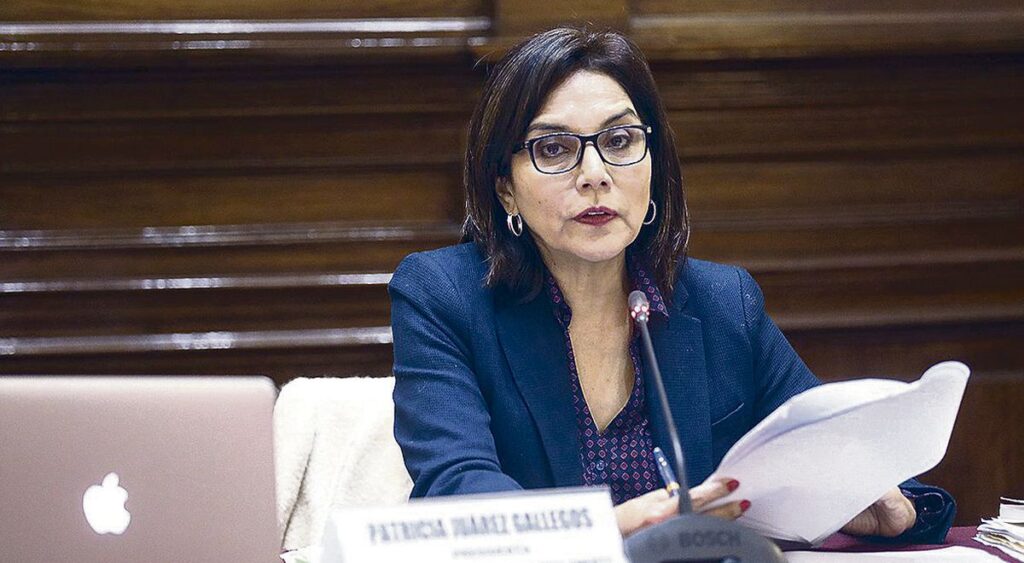The International Monetary Fund team (IMF) who ended a visit to the Dominican Republic last week yesterday published his conclusions, among which he recommends that, in the short term, the country’s policy priorities should seek to guarantee the return of the inflation to the target range and maintain a downward trajectory in the public debtwhile supporting the vulnerable population against the impact of global shocks.
In a statement published yesterday, the mission reiterated its assessment that the local economy “has shown a vigorous recovery after the pandemic, despite global factors that have generated challenges in terms of inflation” and that it has shown “remarkable resilience”, based “on appropriate policies, including the support of monetary policy”.
However, he indicated that “the pace of the monetary policy adjustment cycle should depend on the evolution of internal and external economic indicators, with the aim of keeping inflationary expectations anchored and safeguarding the well-earned credibility of the inflation target regime.” inflation”.
The Central Bank of the Dominican Republic reported on Sunday that the inflation accumulated from January-April of this year was placed at 3.78%. Refering to inflation YoY, measured from April 2021 to April 2022, stood at 9.64%. He attributes that global inflationary dynamics have accelerated after Russia’s invasion of Ukraine in February.
The Central Bank has implemented measures for monetary normalization in order to contribute to the convergence of the inflation to the target range of 4.0% ± 1.0% over the policy horizon.
The response of fiscal policy to the impact of global shocks on inflation it should continue to be based on temporary measures included in the budget, while improving its targeting where feasible. An inclusive fiscal consolidation can ensure the downward trend of the public debt”, indicated the team of IMF.
As of December 2021, the public debt consolidated income of the country amounted to US$59,201.6 million, which represented 62.7% of the gross domestic product. A year earlier, it was 69.1%.
About the electricity sector
The team of IMF He expressed his support for the reforms of the electricity sector, “those that can guarantee a reliable supply of electricity, reduce fiscal transfers to the sector and improve the quality of public spending.”
“The electricity sector has constituted a burden for public finances in the past and the Electricity Pact gives the authorities the mandate to improve governance in the sector, create conditions that facilitate investment and carry out reforms in rates and the payment system. subsidies,” the mission said.
Since November 2021, the Superintendence of Electricity applies the gradual dismantling of the subsidy to the electricity rate with a view to 2026, setting the new prices per kilowatt hour per customer type on a quarterly basis.
of tax revenue
In the medium term, the mission noted that there is room to mobilize more tax revenue, broadening the tax base and rationalizing exemptions while gauging the distributional impact. “This would contribute to an inclusive fiscal consolidation in the medium term, preserving space for essential expenses,” he added.
He said that the monetary policy framework would benefit from the recapitalization of the Central Bank, which would strengthen its institutional and financial independence. “Sustained progress in improving financial supervision and regulation standards and macro-prudential and crisis management instruments, as well as strengthening the regulatory framework for the supervision of cooperatives that carry out financial intermediation, will also be important.”
The mission was in the country from April 29 to May 13, in compliance with Article IV of the Agreement Establishing the Fund. He met with President Luis Abinader; the Governor of the Central Bank, Héctor Valdez Albizu; the Minister of Finance, José Manuel Vicente Dubocq, other high-level officials and representatives of civil society and the private sector. The team was led by Esteban Vesperoni.

















